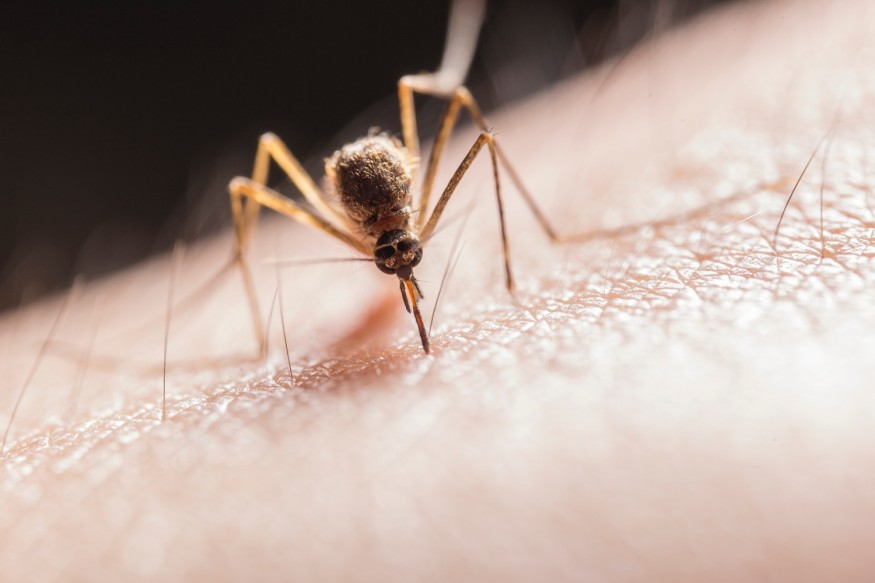An innovative mosquito repellent developed by the Japanese cosmetics firm Kao might be the answer to stopping the dengue disease pandemic in Southeast Asia. The disease is spread through the bite of an infected mosquito, and it can be fatal in extreme cases. The latest innovation makes the skin surface uncomfortable for mosquitoes, so they flee after landing by applying low-viscosity oil.

This contrasts with traditional repellents, which obstruct an insect's ability to smell. In Thailand, the new repellant is being sold for $1.80.
Dengue Virus
Dengue viruses are transmitted to people through the bite of an infected Aedes species mosquito (Ae. aegypti or Ae. albopictus). 4 billion people, or close to half of the world's population, reside in dengue-risk zones. In risky locations, dengue is frequently the main cause of sickness.
Global Epidemics
Four billion people reside in dengue-risk zones or close to half of the world's population. In risky locations, dengue is frequently the main cause of sickness.
Dengue epidemics are happening all over the world.
The most common and fastest spreading vector-borne illness in the world is dengue. Of the 3.5 billion people living in dengue endemic nations and at risk of developing dengue fever, 1.3 billion reside in dengue endemic regions in 10 countries of the SEA Region. Due to dengue being prevalent in all Member States in the Region, except for the Democratic People's Republic of Korea, the Region accounts for more than half of the dengue burden worldwide. India, Indonesia, Myanmar, Sri Lanka, and Thailand are among the 30 nations with the highest levels of endemicity worldwide.
The number of dengue cases has significantly increased over time despite control measures, improvements in case management, and a CFR decrease to below 0.5%.
Dengue in Southeast Asia
Dengue cases in the SEA area grew by 46% from 2015 to 2019 (from 451,442 to 658,301), although mortality fell by 2% over that time (from 1,584 to 1,555). The spread of the dengue mosquito vector and viruses in SEAR is attributed to several reasons, including the following. The current situation of the high burden of dengue cases in the SEA region is coupled with the absence of effective treatment and lack of comprehensive sustainable vector control. These factors include high population growth rates, inadequate water supply, and poor storage practices, sewer, and waste management systems, rise in global commerce and tourism, global warming, changes in public health policy, and the development of hyper-endemicity in urban areas.
Dengue Vaccine
Children aged 9 to 16 who have already had laboratory-confirmed dengue virus illness and reside in dengue-endemic areas are now eligible to utilize a new dengue vaccination (standard). Some U.S. territories and states with free associations are considered endemic zones. Travelers from the United States who are visiting but not residing in a region where dengue is widespread are not eligible to use the vaccination.
For more animal news, don't forget to follow Nature World News!
© 2025 NatureWorldNews.com All rights reserved. Do not reproduce without permission.





